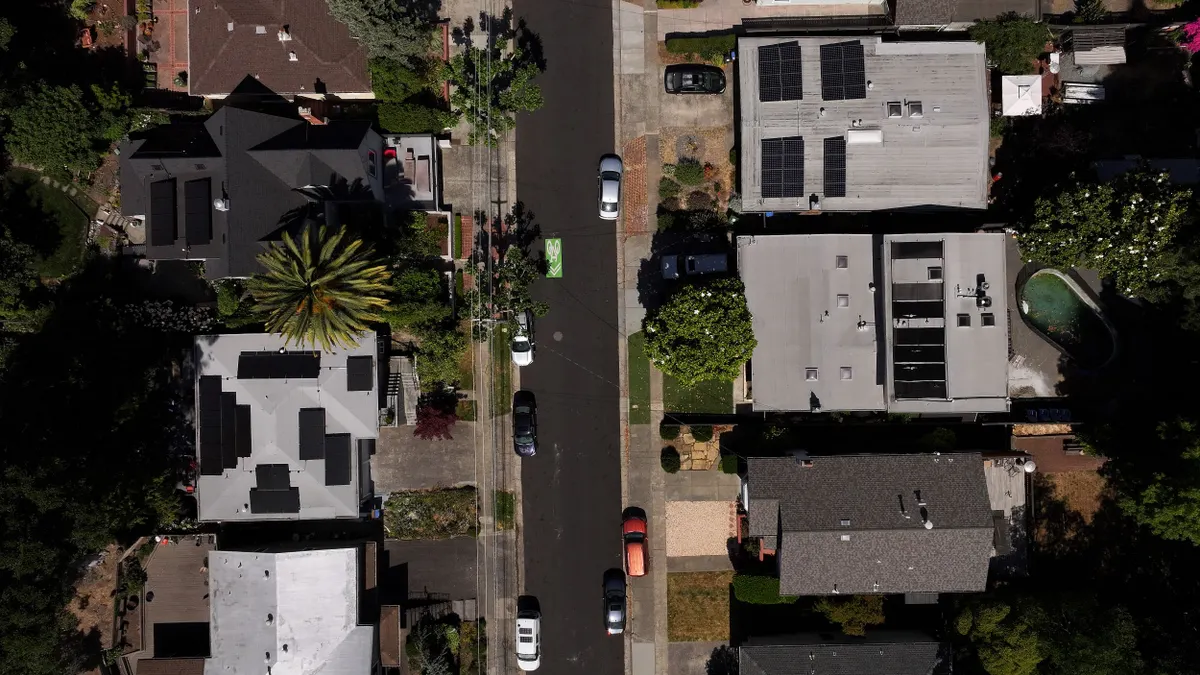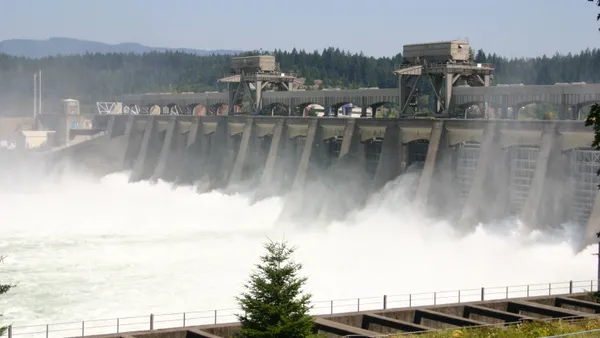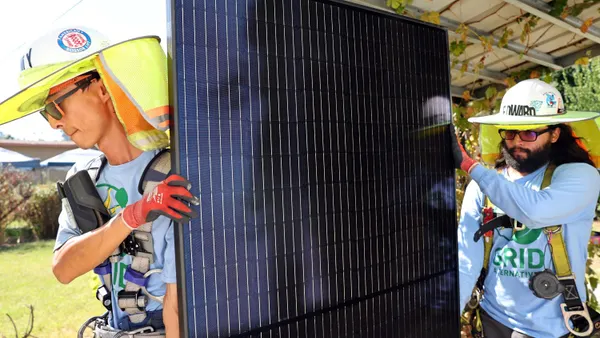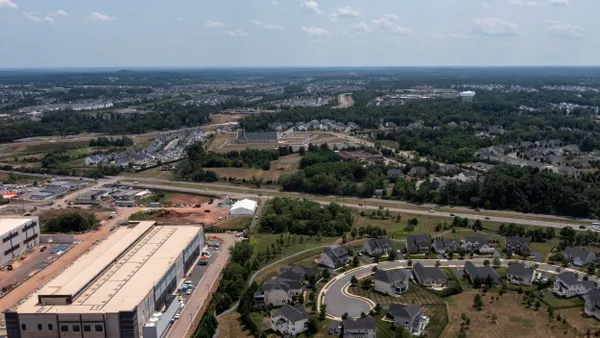Dive Brief:
-
Dairyland Power Cooperative is planning to retire a 345 MW coal plant in 2021, following Wisconsin regulatory approval of its 625 MW natural gas plant, co-owned with Minnesota Power.
-
Utility officials said the Wisconsin Public Service Commission's (PSC) Jan. 16 approval of the gas-fired Nemadji Trail Energy Center (NTEC), expected to come online in 2025, gave Dairyland the "confidence" to retire the coal plant early. Originally, the plan was to run the facility for another five to 10 years.
-
The gas plant, which will serve customers in Minnesota and Wisconsin, received approval from Minnesota regulators in October of 2018, but in December the Minnesota Court of Appeals ordered further analysis, directing the state's Public Utilities Commission to do an environmental impact of the plant.
Dive Insight:
As the costs of maintaining old coal plants outweigh those of building new facilities, more utilities are choosing to retire their coal-fired units in favor of cheaper natural gas and renewables.
"In addition to impacts on employees, many factors were considered when making this decision," including regional market prices for energy, overall power production costs and the facility's age, Dairyland spokesperson Deb Mirasola told Utility Dive in an email.
Dairyland's Genoa Station 3 has been operating for more than 50 years, and utility officials ultimately determined cheaper, cleaner resources were preferable.
Dairyland currently has 25 MW of small solar projects, 233 MW of wind, two hydroelectric facilities and two landfill-to-gas facilities. It also finalized two power purchase agreements in 2019 that are yet to come online — a 149 MW solar facility and a 52 MW wind farm.
The utility says it does not have any immediate plans to retire more coal, but will continue to "diversify" its power mix, including through the Nemadji plant.
"The proposed Nemadji Trail Energy Center will serve as the ‘power behind the power' supporting our growing renewable energy investments," Mirasola said. "It will be the reliable alternative during those times when the wind isn't blowing and the sun isn't shining."
The gas plant's approval required permission from both Minnesota and Wisconsin regulators, and Dairyland said it is reviewing the Minnesota Court of Appeals' decision alongside Minnesota Power to determine whether it will impact the project's timeline.
"Both partners are very committed to this project to diversify our power supply resources," said Mirasola.
Minnesota regulators did not initially conduct an environmental impact review on the gas plant because it will be located in Wisconsin, but the appeals court judge noted the site was less than three miles from the Minnesota border, and determined regulators were still responsible for environmental considerations.
The Wisconsin PSC in July determined it would not consider climate impacts of the natural gas plant, but did conduct an environmental impact statement. Meanwhile, questions on the plant's approval still remain from the Wisconsin Department of Natural Resources (DNR), which was tasked with assessing climate impacts of the gas facility. And some issues raised in the PSC docket will likely continue throughout the DNR's process, according to environmentalists.
"A lot of questions were raised during the [PSC] docket about the water Dairyland plans to use for the plant," Wisconsin Sierra Club Chapter Executive Director Elizabeth Ward told Utility Dive in an email. "They still have some extensive DNR processes, so the decision on [the Nemadji gas plant] is far from made in Wisconsin. The ruling by the Minnesota Court of Appeals is likely the first of a series of setbacks for the plant."














